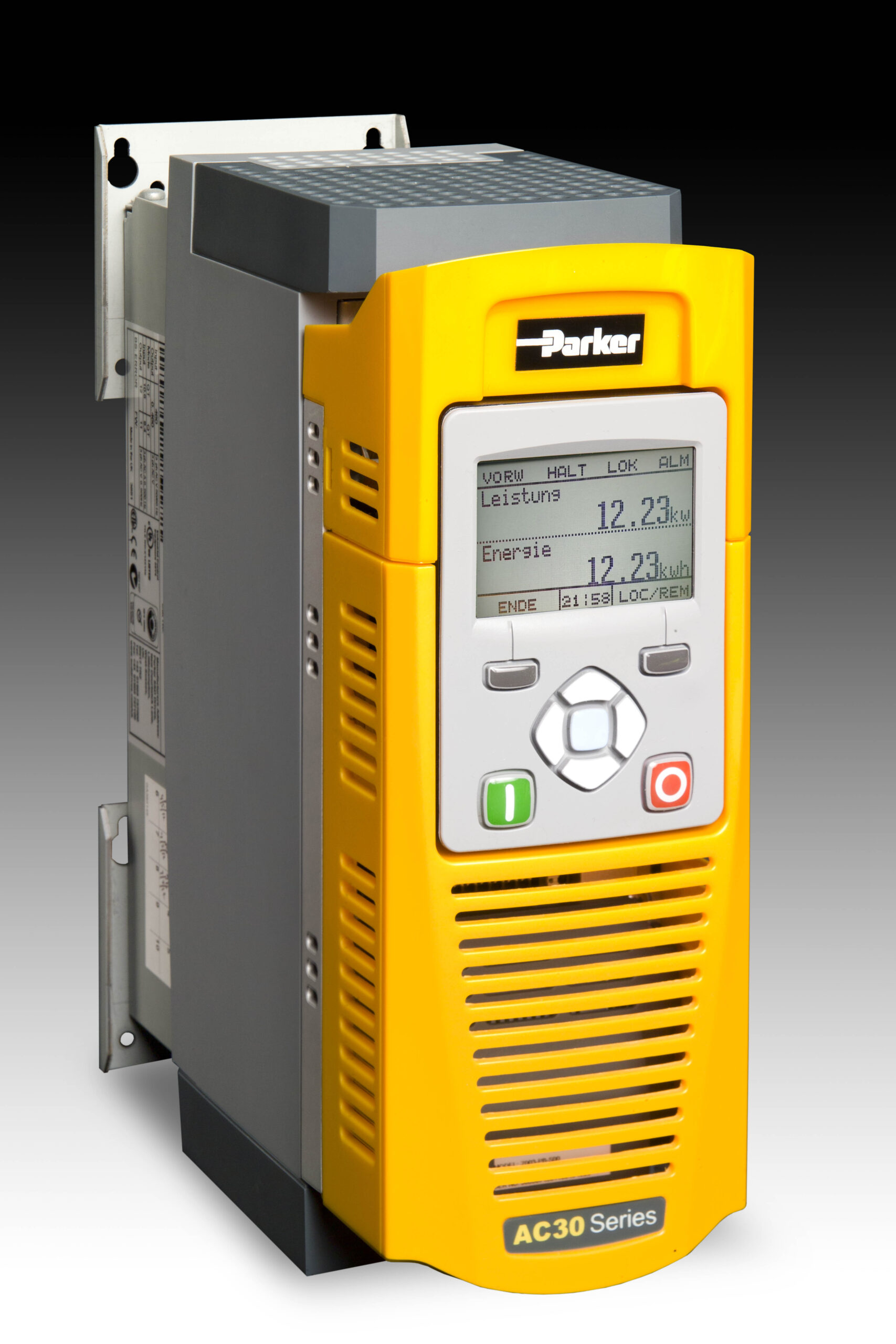As summers sizzle and winters chill, the quest for an ideal indoor climate becomes paramount. Homeowners are faced with myriad options when it comes to heating and cooling their abodes. Among these, the variable speed air conditioning (AC) unit emerges as a compelling choice that holds the promise of efficiency, comfort, and cost savings. But are these sophisticated systems truly worth the financial investment? Let’s delve into the nuances of variable speed AC units and explore whether they merit the leap into modern air conditioning technology.
To begin with, understanding the fundamental mechanics of a variable speed AC unit is essential. Traditional systems operate on a binary setup; they either run at full capacity or remain off. In contrast, variable speed technology allows the compressor to operate at different speeds, tailoring its performance precisely to the ambient temperature demands. This not only leads to a more consistent temperature throughout the home but also minimizes energy wastage, resulting in arguably significant cost savings.
One of the most appealing attributes of variable speed AC units is their capacity for energy efficiency. As the world greets pressing environmental concerns, energy efficiency has become the new gold standard for homeowners. Variable speed units often achieve higher Seasonal Energy Efficiency Ratios (SEER) compared to their single-speed counterparts. Imagine enjoying the luxury of a climate-controlled sanctuary while simultaneously reducing your carbon footprint. This dual benefit may alter your perspective about the investment required to install such systems.
Now, let’s consider the financial implications. While the initial purchase and installation costs can be higher than traditional models, it’s vital to weigh these costs against potential long-term savings. As variable speed units replicate a gentle, steady airflow, they consume less energy—resulting in lower monthly utility bills. Over time, the operational savings can offset the upfront costs, transforming your initial investment into a savvy financial decision.
Beyond energy savings, the comfort level offered by variable speed AC units is significantly heightened. Traditional systems can create temperature fluctuations—often leading to chilly drafts or sweltering spots. In contrast, variable speed technology ensures a constant temperature throughout your home, creating an oasis of comfort regardless of the weather outside. For those who cherish a serene living environment, this consistency can dramatically enhance the quality of life.
Noise—an often-overlooked aspect of HVAC technology—also deserves attention. Traditional AC units engage in a symphony of whooshes and clanks as they start and stop, generating discomfort for homeowners. In stark contrast, variable speed units glide seamlessly, often operating at whisper-quiet levels. This reduced noise translates to a tranquil indoor environment, allowing you to enjoy peace—something priceless in our fast-paced world.
Furthermore, let’s talk about longevity. Variable speed AC systems not only maintain a comfortable climate; they also operate in a way that may prolong the lifespan of the unit. By running more steadily and at lower speeds, these systems exert less stress on components than their traditional counterparts. Homeowners can thus anticipate a longer, more reliable performance from variable speed units, justifying the initial investment with the prospect of reduced maintenance and repair costs over time.
However, it is prudent to consider the specifics of each household before making the leap. The layout of your home, its average climate, and specific energy needs will influence whether a variable speed AC system is the right fit. Homes with larger layouts or particularly nuanced temperature imbalances stand to benefit substantially from the adaptive capabilities of a variable speed unit. Conversely, smaller spaces may find traditional systems to meet their needs adequately without the necessity for advanced technology.
Furthermore, the availability of components and access to qualified technicians for installation and maintenance plays a crucial role. Not all contractors are accustomed to the intricacies of variable speed systems, so finding an HVAC professional adept in handling such technology is paramount to ensure optimal performance and longevity.
As we explore the investment in variable speed AC units, let’s not neglect the evolving landscape of smart home technology. Many variable speed systems offer compatibility with home automation platforms, allowing homeowners to manage their heating and cooling preferences from the convenience of their smartphones. This integration fosters a higher level of customization and convenience, ultimately enhancing the overall user experience.
In summation, the question of whether variable speed AC units are worth the investment hinges on an array of factors—from financial considerations to comfort levels. The merits of energy efficiency, reduced noise, consistent temperature regulation, and enhanced longevity collectively paint a favorable picture of variable speed technology. Of course, the suitability of this choice varies from household to household, and conducting thorough research tailored to your unique situation is paramount.
Embarking on the journey of upgrading to a variable speed AC system is no small feat. It requires both financial commitment and an open-minded perspective. Yet, amid rising energy costs and the increasing emphasis on sustainable living, the advantages they offer may prove increasingly invaluable. Ultimately, the choice is not merely about air conditioning; it’s about reshaping the very environment in which we live, breathe, and create cherished memories.
